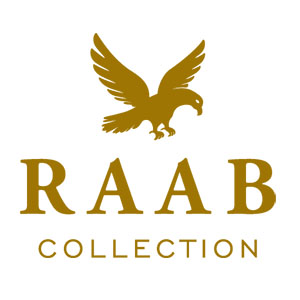signed
11/03/1863
by Abraham Lincoln
11/03/1863. A very early diplomatic recognition for a minority-ruled Republic in the Western HemisphereHaiti achieved independence from French rule in 1804 after a successful slave revolt, becoming the first free black republic in the world. However, the United States, particularly the Southern states with their slave-based economy, hesitated to recognize Haiti's independence, fearing that its existence would inspire similar revolts in their own territories. The United States did have commercial agents to handle business with Haiti, but first began considering recognizing Haiti in 1861. But it did not officially recognize Haiti until July 12, 1862, with President Abraham Lincoln commissioning Benjamin F. Whidden as ""commissioner and consul-general"" to Haiti. The recognition came after the secession of Southern states and the outbreak of the Civil War, which weakened the pro-slavery influence in the US government and allowed for a shift in policy towards Haiti.In June 1861 Arthur Folsom wrote President Lincoln asking to be named a commercial agent at Cape Haitien in Haiti. He told Lincoln he was from Illinois and included a recommendation from Richard Oglesby. Oglesby was a statesman and three-time governor of Illinois who also served as a Union General during the Civil War. He is best known for his successful branding of candidate Abraham Lincoln as the “rail-splitter” in the pivotal presidential campaign of 1860. Lincoln appointed Folsom commercial agent and he served in that capacity from 1861-1862. After the recognition of Haiti, President Lincoln then appointed him Consul to the same location in 1863, a post Folsom held until 1870.Document signed as President, Washington, March 11, 1863, naming Folsom Consul of the United States at Cape Haitien, “I hereby pray and request that the government of Haiti…to permit Arthur Folsom fully and peaceably to enjoy and exercise the said office…” The document is countersigned by Secretary of State William Seward, and the seal is still present.This is the earliest diplomatic appointment to a black republic that we have ever had, or in fact seen. (Inventory #: 33357)



